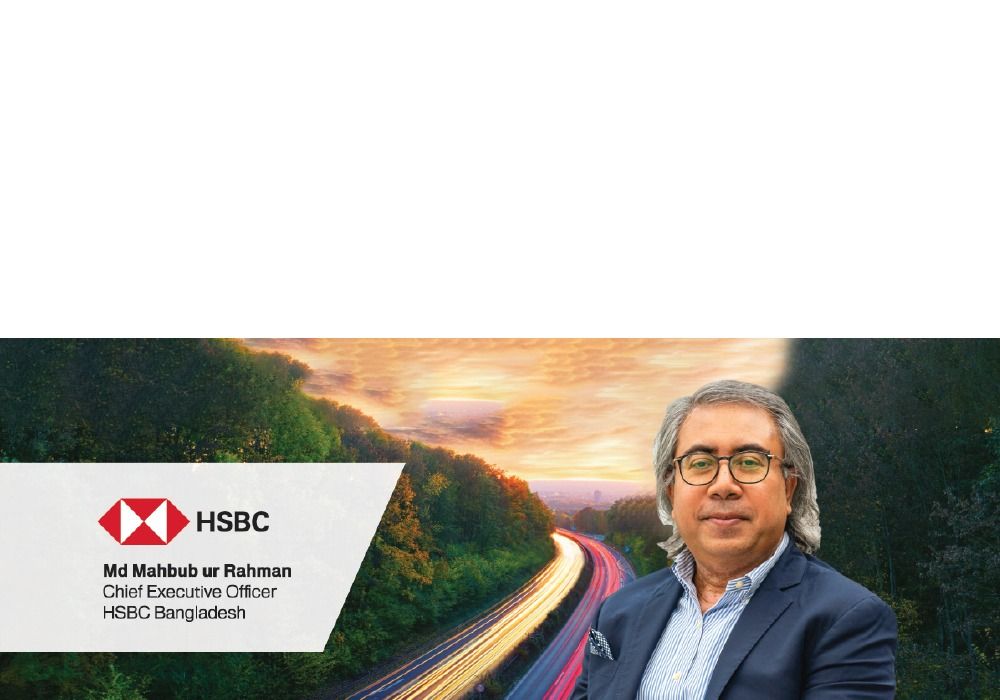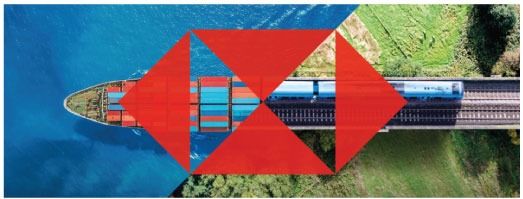- info@ficci.org.bd
- |
- +880248814801, +880248814802
- Contact Us
- |
- Become a Member
- |
- |
- |
- |
- |

Bangladesh is standing at the edge of a revolution, one where "cash no longer rules and code takes charge". From street vendors in Dhaka to farmers in Khulna, millions are stepping into a world where money moves faster than paper, borders blur, and a new era of financial empowerment is unfolding. This is not just a shift in how we pay. It is a redefinition of power, inclusion, and competitiveness for a nation ready to trade boldly on the global stage. From local markets to global trade corridors, every transaction now carries the promise of speed, transparency, and inclusion. The future is digital, and it is unstoppable.
Bangladesh's economic journey has always been a story of adaptation, resilience, and ambition. From the rise of our ready-made garments industry to the surge of remittances, our growth has been built on a foundation of time-tested resilience, perseverance, and an unshakeable belief in our potential. Today, one of the most transformative stories unfolding before our eyes is the journey toward a cashless Bangladesh.
Not long ago, cash was the lifeblood of everyday transactions. But over the last decade, digital financial services have disrupted this norm, revolutionizing how people and businesses interact. Mobile Financial Services (MFS) platforms like bKash and Nagad now process billions of taka every single day, giving millions of Bangladeshis the power to transact seamlessly without paper. With over 14 crore active MFS accounts, the friction of printing, handling, transporting, storing, and reconciling currency, which is a massive financial burden on the central bank, financial institutions and businesses alike, is gradually being replaced by efficiency, transparency, and trust.

But this is about far more than convenience. This is financial inclusion in action. Today, a small vendor in Dhaka, a farmer in Barisal, a rickshaw puller in Khulna, or a student in Sylhet can all participate in the same digital ecosystem. For a nation on the cusp of graduating from Least Developed Country (LDC) status, such inclusion offers more than just economic benefits, it sets the stage for a more transparent, efficient, and resilient financial system.
Empowering people through finance goes beyond easing people's access to money, it is about giving them the tools, knowledge, and infrastructure to allow Bangladeshi entrepreneurs to unlock their full potential.
By democratizing access to services like mobile banking, savings accounts, and instant payments, we empower people to take control of their financial futures. As individuals gain access to secure financing systems, they are empowered to invest in their education, health, and businesses, ultimately fueling economic growth and resilience, ripple-effecting both at personal and national levels.
The implication of a cashless economy does not stop at personal empowerment. An ideal cashless Bangladesh also strengthens our competitive advantage in trade. In the context of global commerce, the ability to go cashless opens up new possibilities for trade negotiation. Digital payments remove the confinement of geographical borders, resulting in lower transaction costs, accelerated settlements and seamlessly entrance into the global marketplace. For exporters, this means fewer bottlenecks in receiving payments, faster inventory turnover, and the ability to diversify markets and customer bases more efficiently.

Moreover, streamlining digital payment infrastructure completely will fulfil our ambition to integrate deeply into global supply chains. Imagine a small garment exporter in Narayanganj receiving international payments in real time or a farmer in Khulna participating in global trade with minimal currency risk, all without the hassle of cash transactions through middlemen/intermediaries. This would be the true power of a digital economy, letting us position Bangladesh as an attractive trade hub in the grander trade landscape.
 Of course, no transformation is complete unless rural and marginalized communities are included. These populations often face the greatest barriers in digital literacy and infrastructure, yet they stand to benefit the most. The very communities that digital finance could largely empower are the ones who face the greatest barriers in digital literacy and access to digital services. Lessons from India's success with its Unified Payments Interface (UPI) and China's Alipay and WeChat Pay show us how cashless systems can rapidly become instruments of mass-scale empowerment, but only if implementation is inclusive, secure, and reliable.
Of course, no transformation is complete unless rural and marginalized communities are included. These populations often face the greatest barriers in digital literacy and infrastructure, yet they stand to benefit the most. The very communities that digital finance could largely empower are the ones who face the greatest barriers in digital literacy and access to digital services. Lessons from India's success with its Unified Payments Interface (UPI) and China's Alipay and WeChat Pay show us how cashless systems can rapidly become instruments of mass-scale empowerment, but only if implementation is inclusive, secure, and reliable.
As we ask ourselves whether a cashless Bangladesh can serve as a strategic advantage in international trade, the answer is a resounding yes. However, this revolution comes with the catch of aligning our systems with global standards, bridging the digital divide, and proactively managing cybersecurity and fraud. These challenges are not impossible, rather are opportunities for collaboration, thoughtful policymaking, innovation, and leadership.
And there is another often overlooked dimension: the environmental impact of a paper cash dependent econo- my. Each paper currency note consumes 1.2 liters of water and produces 0.02 grams of CO2, according to a report by the World Wildlife Fund. Reducing our reliance on cash is not just smart, it is remarkably sustainable and naturally aligns with our ESG goals, contributing to a greener, more responsible economy.
At HSBC, we are proud to play a truly catalytic role in this revolution. Through our Global Payments Solutions, we empower businesses to transact globally with confidence. From real-time liquidity management to cross-border payments, HSBC's services can empower Bangladeshi entrepreneurs to fearlessly grab the opportunities presented by a cashless society. HSBC being titled the "Best Cash Management Bank" for the 15th consecutive year by the Euromoney Cash Management Survey is a steadfast display of our commitment to making Bangladesh a pioneer of a sustainable cashless economy. Coupling HSBC's payment system offerings with Bangladesh's vibrant entrepreneurial spirit, our commitment to transform Bangladesh is a dream soon to manifested into tomorrow's reality.

The idea of a Cashless Bangladesh is no longer a distant vision. It is a living, breathing reality, one that requires collaboration, trust, and shared commitment. From small businesses to multinational corporations, from urban centers to rural villages, the benefits of this transformation can touch every corner of our economy with unprecedented potential for all stakeholders in the trade ecosystem. Together, we are building a future where Bangladesh thrives in the digital age equitably, not just as a market participant, but as a global leader in innovation and trade.





